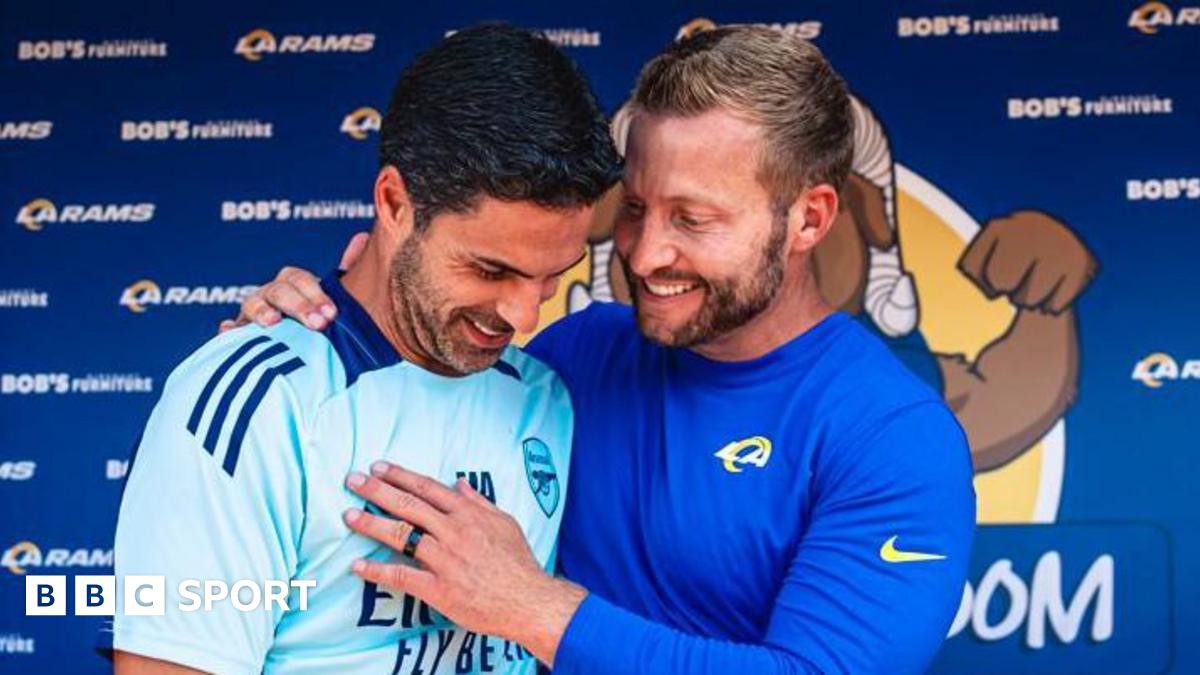League Women players experience 'psychological distress', PFA report finds
More than two-thirds of A-League Women players were in psychological distress last season, including experiencing disordered eating, alcohol misuse or disturbed sleep, according to football's players' union.Matildas veteran Tameka Yallop said the stress of performing like full-time athletes without the commensurate pay packet and support contributes to the problem.Professional Footballers Australia (PFA) released its annual report for the 2024-25 season on Wednesday, pushing for full-time professionalism ahead of the next collective bargaining agreement in 2026-27.A mental health audit conducted in conjunction with FIFPRO showed 67 per cent of players had experienced sport-related psychological distress.Experiences of disordered eating (41 per cent), alcohol misuse (34 per cent) and disturbed sleep (28 per cent) were also prevalent."It's obviously distressing to see and I think it's a compilation of the stresses that we've been put under with the extension of the home-and-away [season] to full-time, yet still being part-time and still having other jobs," PFA co-president Yallop said."Because once your football career is amplified as full-time, there are other expectations, and one of that can be body image."Because you're meant to be fit, you're meant to be playing all the time now, like this is meant to be your sole focus, when in reality, it isn't. People are still having to work. People are still like scraping to pay bills and still have all those other pressures."Yes, we do want to put up a front like that to show that we can be excellent athletes."But when you aren't exactly supported like that, but expected to show that you are, it does take a lot of stress and a lot of toll on your body as well."And you can develop things like that [disordered eating], because there are now new expectations from you, without necessarily the support that you should be given."Loading...Brisbane captain Yallop said playing for Australia and for clubs overseas helped her personally avoid those issues, but other players did not have a similar platform to help them succeed."Of course I've been in teams where there have been players struggling with those sorts of things," she said.The ALW's average salary is just over $30,000 while the $26,000 minimum wage is the lowest of Australia's top women's leagues.In the report, 76 per cent of players reported their financial situation as "not at all" or only "slightly" secure, while 62 per cent worked outside football in-season."We're part-time, but with a full-time expectation," Adelaide midfielder Dylan Holmes said."On a personal level, that three or four months where we're off-contract is quite stressful."Every year it gets to January, February, and personally, I get a lot of anxiety and stress about that time."Because I'm missing out on a very significant portion of my income, and I'm expected to be a full-time professional athlete, and maintain that in a period where I don't really have any support around me and no financial compensation to help me get through that time."Yallop urged the league to step up and give players full-time wages and programs to remove that four-month gap."(The PFA are) providing the support for us to get through it, but it needs to be a collective overall league adjustment to give us the foundations to actually break through those pressures," she said.













